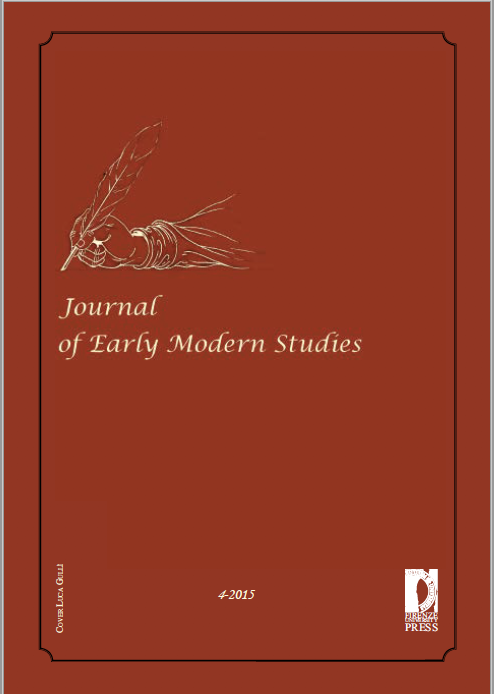Published 2015-03-02
Keywords
- Court of Requests,
- Employment,
- Equity,
- Paternalism
How to Cite
Abstract
When servants, laborers, and apprentices sued their masters for back wages or mistreatment in the Court of Requests they took advantage of the court’s doctrine of equity. Since these plaintiffs often lacked the strict written proofs required by common law, or were bound by unfair written contracts, they badly needed an equitable jurisdiction where fairness, extenuating circumstances, and broad social mores could overrule the letter of the law. The formal tropes of their Complaints negotiate the tension between these two conceptions of justice and reveal how that tension relates to early seventeenth century economic culture, where customary ideas about patronage and hierarchical obligations coexisted with emerging notions of self-interest and contractual equality. In appealing to the court with older but still vibrant discourses of social justice and mutual obligation, plaintiffs modulated their Complaints with expressions of deference and helplessness. Their pleadings therefore take the sophisticated rhetorical form of self-assertion articulated as abject submission. The documents are highly mediated by lawyers and institutional constraints, but nevertheless reveal subordinates tactically using expressions of weakness to elicit pathos and use the ideology of paternalism against their masters.


